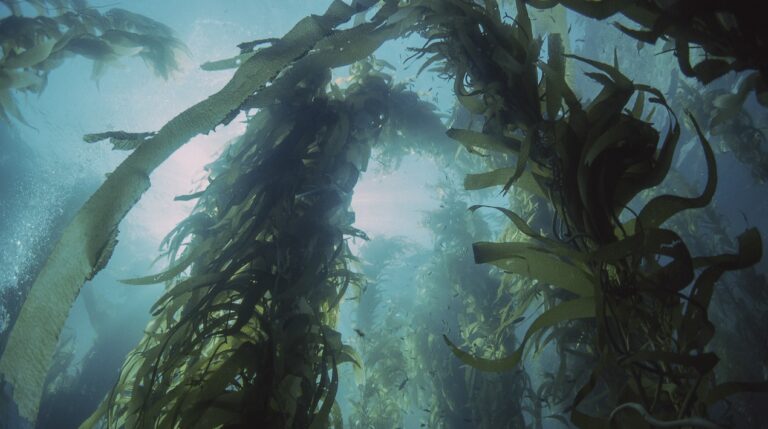The UK’s National Oceanography Centre (NOC) has launched a new European project to help understand the effects, benefits and feasibility of capturing carbon dioxide (CO2) from the atmosphere and storing it in the ocean.
NOC will act as the scientific and technical lead on the four-year interdisciplinary Horizon Europe-funded (EU) project, which is coordinated by Uniresearch and involves 13 organizations who will provide scientific, economic, legal, political, social and ethical expertise.
Strategies for the Evaluation and Assessment of Ocean based Carbon Dioxide Removal (SEAO2-CDR) will evaluate whether ocean-based carbon dioxide removal (OCDR) can be used as an effective method of removing CO2 from the atmosphere. This comes at the same time that scientists warn we are likely to hit the 1.5°C limit set by the Paris climate agreement by just 2027, with excess carbon in the atmosphere a major contributor to the higher temperatures.
Businesses around the world are already beginning to embrace OCDR in a variety of forms, including increasing the amount of CO2 that can be absorbed into seawater by countering the effects of ocean-acidification, increasing the productivity of algae that consume CO2 during photosynthesis, and sinking seaweed into the deep ocean where the carbon can be locked within the sediments.
The SEAO2-CDR project will address critical gaps in our technical understanding of these OCDR approaches by defining the areas in which they are environmentally and economically viable. It will also help develop the frameworks needed to support responsible and effective implementation of OCDR and support robust monitoring, reporting and verification (MRV) strategies using cutting-edge sensor technologies.
Dr Christopher Pearce, principal marine geoscientist at NOC, said, “While decreasing the amount of greenhouse gas that we emit is the main requirement for achieving Net Zero targets, active removal of CO2 from the atmosphere is a key element in the IPCC’s climate projections. Marine environments can be highly efficient carbon sinks that offer the potential to support climate mitigation strategies, but greater understanding of their impacts and effective monitoring structures are required before OCDR techniques can be implemented at scale. By working with policymakers, businesses, stakeholders and the public, this project aims to provide the information needed to enable informed decisions to be made on the future use of the oceans in this manner.”
Dr Willem van Dorp, project coordinator and senior consultant at Uniresearch, added, “In our challenge to limit global warming, it is likely that we will need to use all the tools we have to emit less CO2, as well as to actively remove CO2 from the atmosphere. The ocean has immense potential to store carbon thus may be an important factor in managing CO2 levels. However, we need more knowledge on which measures can be implemented, what their effects and impacts are, and how they can be measured. The SEAO2-CDR project is in an ideal position to address these issues, and to provide public information for everyone involved in exploring the safe and responsible use of our oceans for capturing CO2.”
Carbon Dioxide Removal (CDR) approaches seek to remove CO2 from the atmosphere and upper ocean and securely store it in marine, geological or ground reserves. The effectiveness of a CDR approach depends on the amount of carbon that can be removed from the atmosphere and the amount of time that it is locked away for.
The 2019 IPCC special report stated a need to actively remove up to 1,000 billion metric tons by 2100 in order to limit warming to 1.5˚°C. At present CDR approaches can remove 2 billion metric tons CO2/year, resulting in a gap between the proposed levels of CDR and what is needed to meet the Paris temperature goal. Many factors influence whether a CDR technique can be implemented at scale, including cost, legal frameworks, and the availability of appropriate monitoring and accounting techniques.



